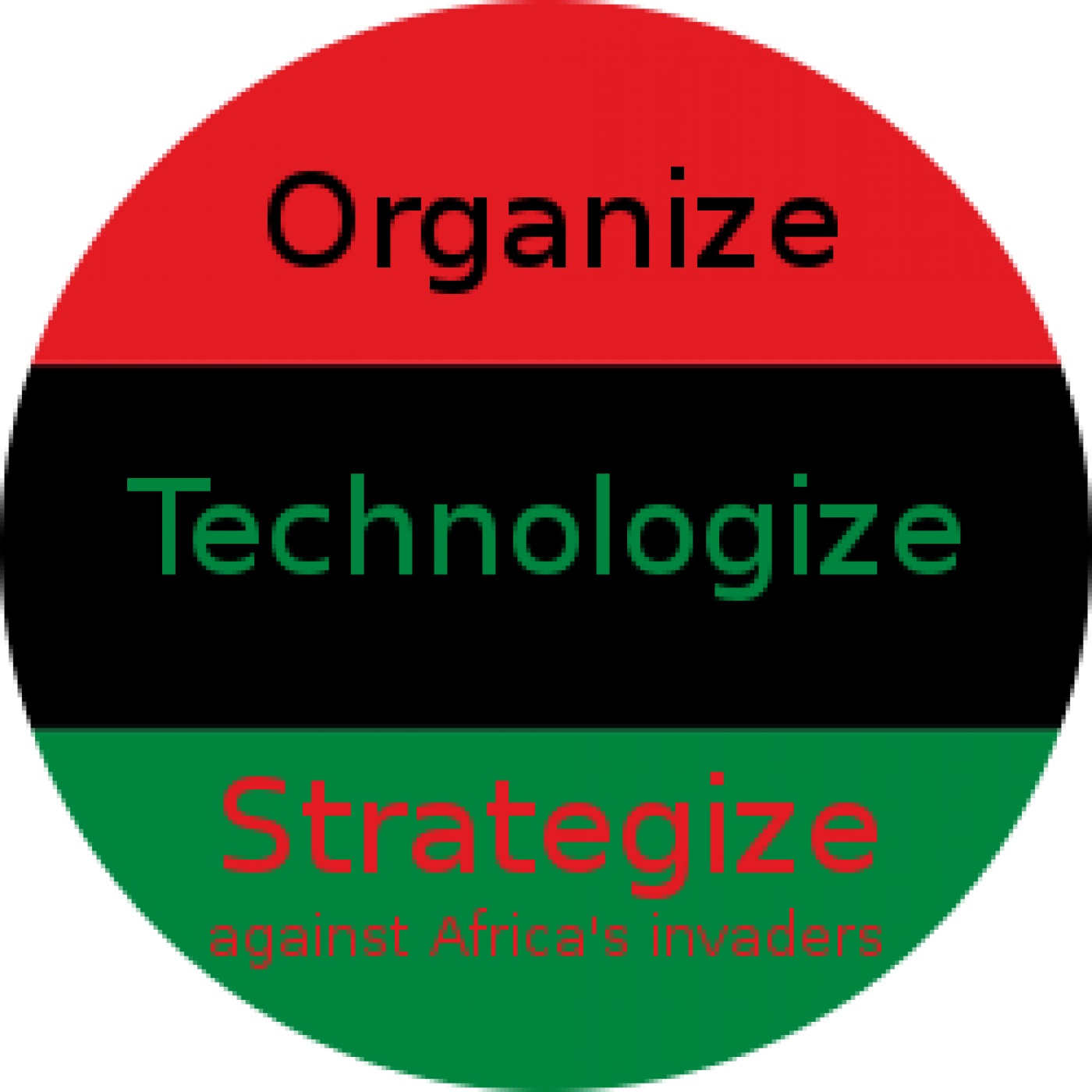From Dialogue One of Five on Race: Culture Defined — “Culture” Defined
Onitaset Kumat: Does oppression seem like a vile word?
Knobeco: Absolutely.
Onitaset Kumat: To the dichotomy of “Oppressor” and “Oppressed,” does belong our people the latter?
Knobeco: So it is reasoned.
Onitaset Kumat: Thus, is “Oppression” altogether a disagreeable facet of a society?
Knobeco: Naturally. Why do you ask?
Onitaset Kumat: Because such ideas are entirely wrong. Definitions, follow with connotations, to make the word seem objectionable in and of itself: A go-to word for criticism. Yet, in this capacity, the word is meaningless–it has no analytical power. Not unless we improve upon it to be meaningful.
Knobeco: Then we shall.
Onitaset Kumat: So we should look into the examples of that which is Oppressed to find what Oppression truly is.
Knobeco: Yes, advance the theory as you see fit.
Onitaset Kumat: Very well. So let’s take the initial example, that the African in America is oppressed.
Knobeco: Indeed the African is.
Onitaset Kumat: So how so? Is the African economically oppressed?
Knobeco: Of course.
Onitaset Kumat: Is it because the African produces little or because the powers that be operate against the African’s production?
Knobeco: The latter.
Onitaset Kumat: Then what of politically oppressed? Is the African so, because there are few African politicians or because his interests are undermined?
Knobeco: I would claim both, but the latter more so.
Onitaset Kumat: Finally, that the African is not politically educated, is that too an oppression?
Knobeco: Of course.
Onitaset Kumat: Then we get to the heart of Oppression: It moulds one for a particular cause.
Knobeco: So it seems.
Onitaset Kumat: Then can’t one be moulded for a positive cause? For instance, can not an African be politically educated?
Knobeco: Absolutely.
Onitaset Kumat: And isn’t a mis-education a type of education
Knobeco: So it has always been.
Onitaset Kumat: So doesn’t oppression on its own qualify the entirety of the human experience?
Knobeco: This is how it appears. Most all are mis-educated, therefore most all are “oppressed.” Quite meaninglessly.
Onitaset Kumat: And if the Oppressor is just, then wouldn’t the Oppression be just too?
Knobeco: Definitively. The thief, for instance, is justly oppressed.
Onitaset Kumat: That said, whereas “Oppression” was perceived as negative, can’t it be positive?
Knobeco: This was your demonstration.
Onitaset Kumat: Then we conclude that Oppression needs a precise rubric for whether it can be negative or positive.
Knobeco: Yes, that’s the conclusion.
Onitaset Kumat: Then we must move past generic “Oppression” and discuss “Cultural Oppression” and see how it can be negative–or positive. At least for the sake of our larger discussion on race.
Knobeco: Please lead the way!
Subscribe; other posts of this series:
Dialogue One of Five on Race: Culture Defined — “Culture” Defined
Dialogue Two of Five on Race: Oppression Defined — “Oppression” Defined
Dialogue Three of Five on Race [ . . .] — “Cultural Oppression”
Dialogue Four of Five on Race: Corruption Defined — Corruption Defined
Dialogue Five of Five on Race: Race Defined — Spiritual Capital

Since oppression is the reality unravel its various layers
No discussion can throw light if it wanders from the real point.
One needs to understand “Race.” Understanding the various layers of “Oppression” is a worthless exercise. See, for instance, the European woman’s or the European labourer’s claims to Oppression. Learning those are wasteful.